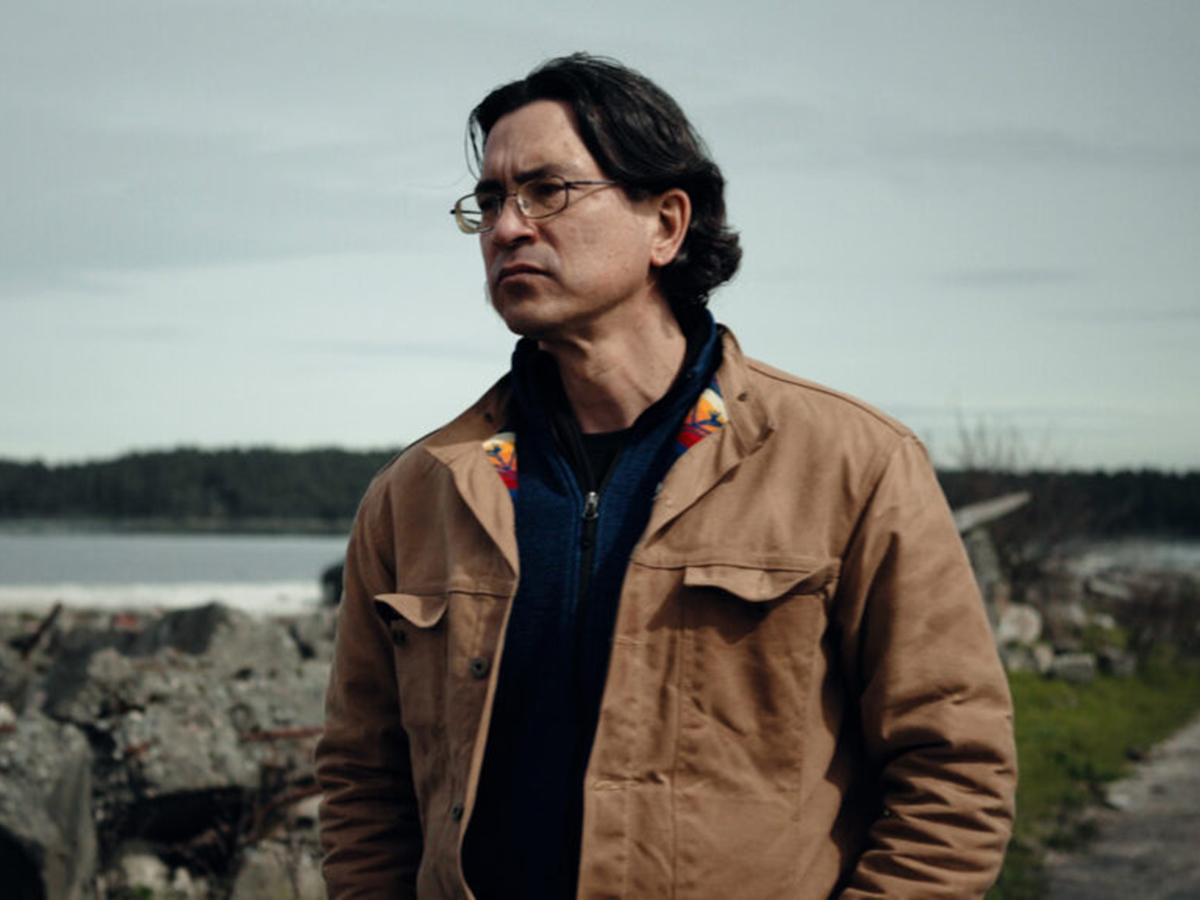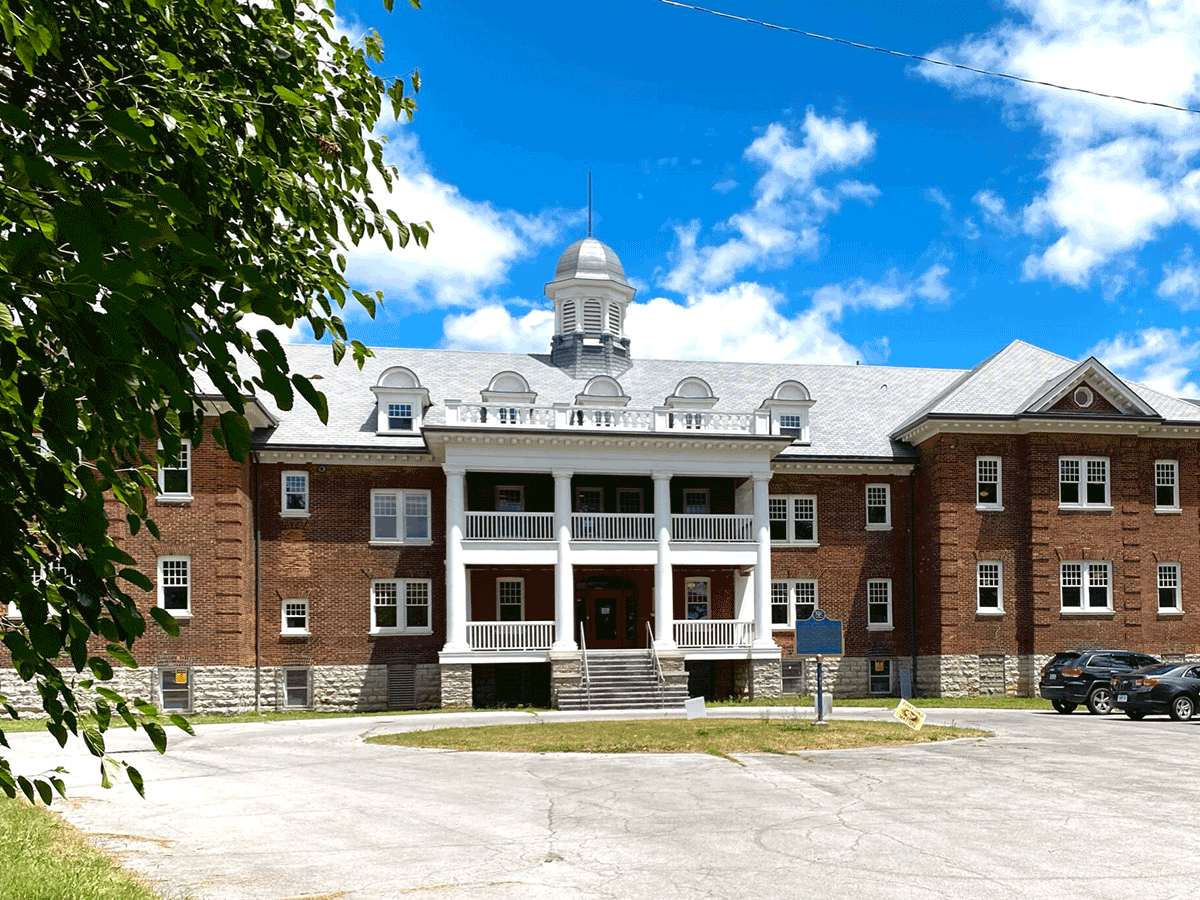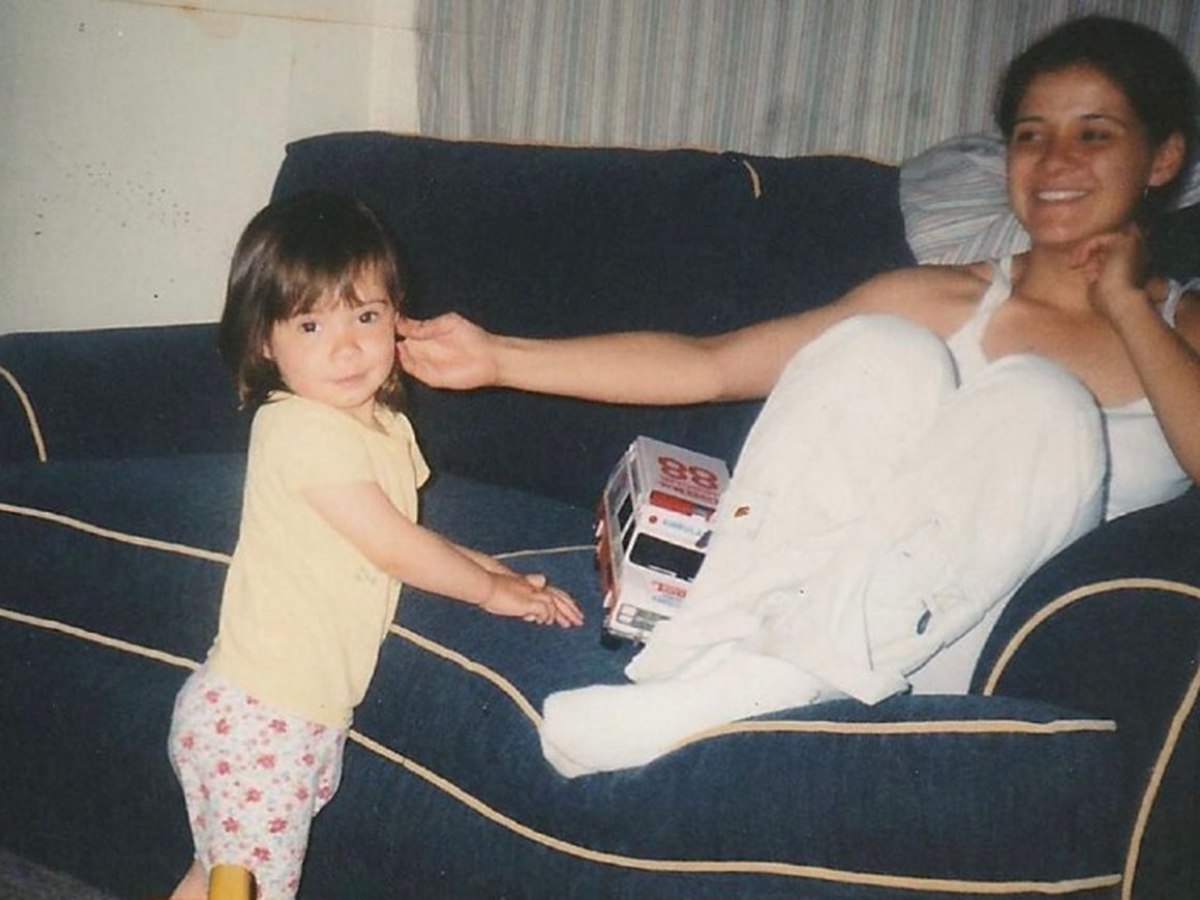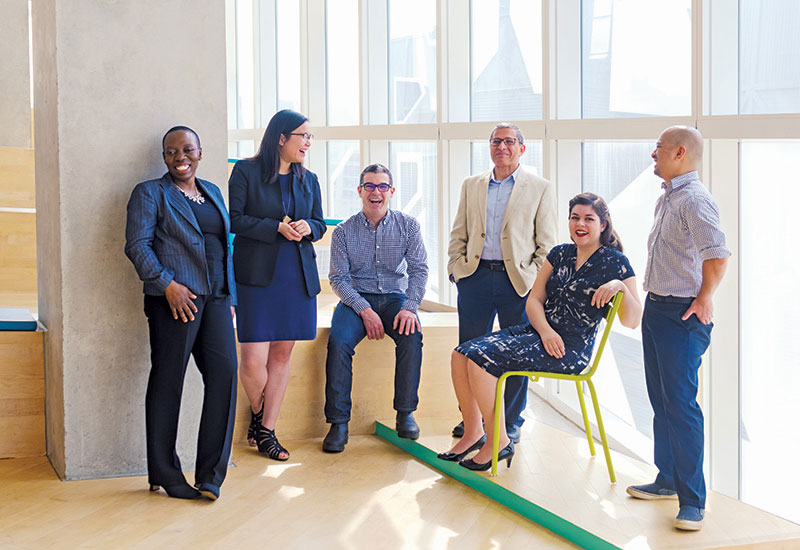Equity, Community and Inclusion
In Spring 2021, the School of Journalism took an important step toward strengthening its commitment to diversity and inclusion with the launch of its Action Plan. Crafted in response to pressing equity-related concerns highlighted by journalism students and alumni, the plan calls for change in five critical areas:
- Student collaboration: Supporting the establishment of a permanent four-member student equity task force at the School of Journalism.
- Transforming curriculum: Re-examining and re-designing our curriculum to incorporate critical content that draws from experiences of historically marginalized communities, including but not limited to Queer, Indigenous and Black communities.
- Hiring: Over the next two years, hiring at least two faculty members who reflect the School of Journalism’s changing student demographics and offer a diversity of experiences and perspectives on journalism and its practice.
- Equity training: Providing journalism-focused equity training to faculty, staff and instructors.
- Diverse course offerings: Offering more frequently existing School of Journalism courses that take critical approaches to these issues – Reporting on Race, Reporting on Indigenous Issues, Reporting on Religion and Queer Media.
As part of the School’s continuing efforts toward transformation, we are committed to collaborating on new and ongoing initiatives that will put equity, inclusion and support for students at the heart of what we do and how we communicate with one another.
Racialized students comprised 41 per cent of the student body in 2018-19, up from about 30 per cent two years earlier. While the School’s student population is starting to reflect the diversity of the community, according to the university’s Diversity Self ID Report Card, there is more work to be done to increase support for students from diverse backgrounds.
Below we’ve highlighted important initiatives and projects our students, staff and faculty have undertaken in recent years to address equity issues. This page, including progress updates on our Action Plan, will be revised regularly. We also invite School of Journalism community members to collaborate on this vital work by sharing their thoughts and ideas (google form) here. (external link)
Latest News
Program-level initiatives
For the 2021-2022 academic year, the School partnered with Inclusive Leaders (external link) , led by equity educators Gilary Massa and Pascal Diverlus (also a School alum). Inclusive Leaders will provide student-centred training for all School employees (staff, faculty, lectures) and provide continuous support between training sessions throughout the year, which includes confidential student feedback.
In 2020, journalism students started the conversation about renaming the school masthead publications, the Ryersonian and the [ ] Review of Journalism (external link) . They felt the horrific legacy of the residential school system, declared cultural genocide by the Truth and Reconciliation Commission and detailed in its (PDF file) The Survivors Speak (external link) report, was too great to continue using the Ryerson name. Egerton Ryerson, for whom the school titles were named, was indisputably one of the key architects of the system.
In December 2020, School Council struck a working group to explore the request. Chaired by Rogers Visiting Journalist Duncan McCue, the 11-member committee was composed of students, alumni, current and past instructors, as well as faculty and university community members. Three members identified as Indigenous.
Through an informal survey, the group consulted with students, alumni, instructors, staff and donors to the publications. They saw great support among students, staff and instructors for the change. Alumni marginally disfavoured renaming. All respondents who self-identified as Indigenous indicated support for changing the names. The Masthead Renaming Committee unanimously recommended initiating a process for renaming the publications.
The recommendations were accepted by School Council in May 2021 and a new committee carried out the working group’s recommendations, which included engaging students in the process and supporting Indigenous creatives in design and branding efforts, resulting in new community inspired names, On the Record, and The Review of Journalism.
The School does not take this decision lightly and understands the responsibilities that come with it. We are proud of the students, alumni and faculty who have worked under the banners of our masthead publications for many decades. Plans are being made for that archival work to be preserved under those award-winning titles. Those articles and photos will not be wiped from history, but history they are.
Under the auspices of the President’s office, the university’s Standing Strong task force is undertaking a review of the Ryerson name, with consideration of the concepts of reconciliation and commemoration. The task force is engaging with tens of thousands of community members and stakeholders. We respect that process and its outcomes, but we want to underline our ability to act autonomously at the departmental level.
As per the School’s commitment, plans are underway for the creation and launch of a student equity committee in the 2021-22 academic year. The elected four-member student group will include both undergraduate and graduate students. Members, who will receive an honorarium, will collaborate with students and faculty on initiatives to address critical equity concerns inside and outside the classroom.
- Faulhaber Communications Award, open to female identifying applicants
- Yusra Javed Memorial Award, open to a racialized J-school student to recognize their determination and tenacity as a reporter.
- The Weather Network Scholarship, open to a third or fourth-year Journalism student with an interest in a television career, and who is a member of an Aboriginal or visible minority community, or with a disability
- TMAC Diversity, Equity and Inclusiveness Award
- The Anne Goldman Award, open to female identifying applicants
- Elmina (Elliot) Atkinson Award, open to female identifying (trans or cis), or non-binary applicants
Over the course of several years, the School has implemented ThriveRU training, a mental health centred initiative that provides training and resources to Toronto Met students, faculty and staff in order to teach the skills associated with resilience, well-being and thriving in both an academic and personal context. Principles of positive psychology underpin all of the programs associated with ThriveRU.
In Winter 2018, the School organized a symposium on mental health-related accommodations, titled, Accommodating Accommodation. The workshop addressed challenges, best practice, and opportunities specific to teaching our students, as well as updates of services available. The session was open to the Creative School, and was later developed into a web training module. These initiatives have expanded to include student-faculty panels on Neurodiversity in the Classroom (November 2019), and staff and faculty training on SMART mental health goals.
Curricular Work
In 2021-2022, the School will undertake an ambitious transformation plan to centre the curriculum and student experience through a lens of EDI and an expanded understanding of what journalism is.
Reporting on Race- Special Topics (Next offered: Fall 2021)
Initially created in response to a student-led petition, this undergraduate and graduate elective that covers the history of Black Canadians and how problematic narratives have perpetuated racial biases and systemic injustice.
View a previous course outline
Read more from TorontoMet Today
Critical Issues in Journalism (Next offered: Fall 2021)
Second-year undergraduate course that focuses on journalism’s responsibilities in representations of gender, race, religion, sexuality and other intersections.
View a previous course outline
Reporting on Indigenous Issues (Next offered: Winter 2022)
Undergraduate and graduate elective that explores how journalism has influenced the relationship between Indigenous and non-Indigenous peoples, including the story of colonialism, the residential school system and reconciliation processes.
View a previous course outline
Queer Media (Next offered: Fall 2021)
Undergraduate and graduate elective focuses on how sexuality, sexual orientation and gender identity have been portrayed in the media, news and entertainment, both historically as well as in contemporary culture.
Focus on People
The School and its community are fortunate to have benefited from the professional experience and knowledge of several visiting journalists and visiting researchers. Their insights and research support faculty and students on issues such as reporting on underrepresented communities and .
Our 2022-23 visiting journalists are:
Duncan McCue
Karyn Pugliese
Craig Silverman
The School’s Journalism Research Centre sponsors the annual Atkinson Lecture, which invites prominent journalists for public talk on pressing journalistic issues. In recent years, lecturers have reflected upon the need for inclusive approaches to storytelling:
Karon Liu on No, I'm not a restaurant critic" and other notes on food reporting (external link) . (2022)
Denise Balkissoon on Objectivity: Trust and Truth In An Age of Disinformation (external link) (2020)
Ryan McMahon on We Become the Stories We Tell Ourselves: Indigenous Realities in Media Today (external link) (2019)
Carol Off on A Journey Into the Lives of Others: Journalists and Their Sources (external link) (2018)
Craig Silverman on Fake News, Real Consequences: Can Journalists Halt the Contagion? (external link) (2017)
With the help of the Toronto Met Counselling Centre, the Equity & Inclusion Advisor, the Outreach Lead, and the Transformation lead, together with other faculty, have held safe space forums in the last few months related to violence against Asian communities, incidents in specific School of Journalism classes, the COVID-19 outbreak in India, the shooting in Atlanta, and the Israeli/Palestinian conflict.
Related Faculty Research
Through their scholarly, research and creative work, School of Journalism faculty researchers are exploring innovative and inclusive approaches to news and journalism.
The ‘Reconciling Journalism (opens in new window) ’ website is part of the School of Journalism’s efforts to respond to the Truth and Reconciliation Commissions Call to Action #86.
The site's mission is to help improve the coverage of Indigenous stories by encouraging students to expand their knowledge and build relationships with Indigenous communities.
The website's goal is to provide students and educators with a variety of local and national resources to learn about Indigenous issues and Indigenous communities, as well as context on current issues, such as ongoing conversations about treaty rights and the impact of residential schools on Indigenous peoples.
This site is a safe place to learn and ask questions about best practices for reporting on Indigenous stories and incorporating more Indigenous learning into journalism curriculum.
The International Indigenous Journalism Educators Project (IIJEP) will be a global first: a project connecting teaching, practice and research into Indigenous journalism as it exists in Canada and around the world. As Canada traverses its path to reconciliation with Indigenous peoples, journalism continues to play an integral role as a bridge-builder between communities. But the Canadian story is only one variation on an international theme: Indigenous peoples across Turtle Island as well as in the far North of Europe and Asia, in the far South of Australasia, are all striving to reclaim their languages, power and stories as first peoples. Journalism by, for and involving these peoples has never been so important. The IIJEP, developing in the Canadian context, informed and connected to international journalistic and Indigenous communities, will provide a crucial formal network for journalists and journalism educators committed to inclusive truth-telling.
The IIJEP will launch in 2022 with a symposium celebrating Indigenous journalism instruction and mapping out some of the challenges for IIJEP members in the decade ahead. We will invite potential partners nationally and internationally to share their ideas and ambitions for the IIJEP. We will also create a clearing house for curricular and other materials to be shared. The international nature of the IIJEP will enable professionals, students and teachers to take advantage of materials and approaches already tested in other contexts.
The Toronto Met School of Journalism will lead this initiative. The project will be launched with a two-day symposium hosted by Toronto Met, featuring one day of conference papers/panels followed by a second day of meetings to plan the go-forward nature of the IIJEP.
The implementation of the symposium will be led by Dr. Joyce Smith and Professor Duncan McCue with a team of senior undergraduates and graduate students.
Professors Asmaa Malik and Gavin Adamson have been awarded $150,000 worth of Google News Initiative Innovation funding for a project promoting diversity in the newsroom. The project, called the Journalism Representation Index (JeRI) (external link) will use named-entity recognition to categorize and weigh the types of sources quoted and represented in stories. JeRI is meant to help newsrooms understand the cumulative impact of the choices they make when it comes to sources in stories.
The team is using the Winnipeg Free Press as their target market, examining stories related to the Indigenous population. They hope a social sciences approach will be particularly helpful in identifying sourcing for reporting on Indigenous-related issues. “We have to tell a complete story and not represent a community in a way that stigmatizes them or in a way that misrepresents them. You need everyone at the table giving their side of the story,” said Adamson.
With a recently awarded Partnership Engage Grant from the Social Sciences and Humanities Research Council of Canada (SSHRC), Journalism professors Asmaa Malik and Sonya Fatah have partnered with Canadian Centre for Diversity and Inclusion to develop a new self-reporting tool for Canadian newsrooms.
The Canadian Newsroom Diversity Project includes the development of a comprehensive demographic self-reporting tool and accompanying information guide for editorial employees in Canadian newsrooms. The Canadian Newsroom Diversity Project will act as a first step toward helping newsrooms fulfill their mission to report on issues of importance to a broader spectrum of Canadians.
“As Canada’s demographics have shifted, news organizations have failed to reflect the country’s increasing diversity in both content and staffing,” says Malik. “While racialized journalists have been making headlines with their stories highlighting the need for structural change in newsrooms, there is little data on the makeup of Canadian media organizations.”




